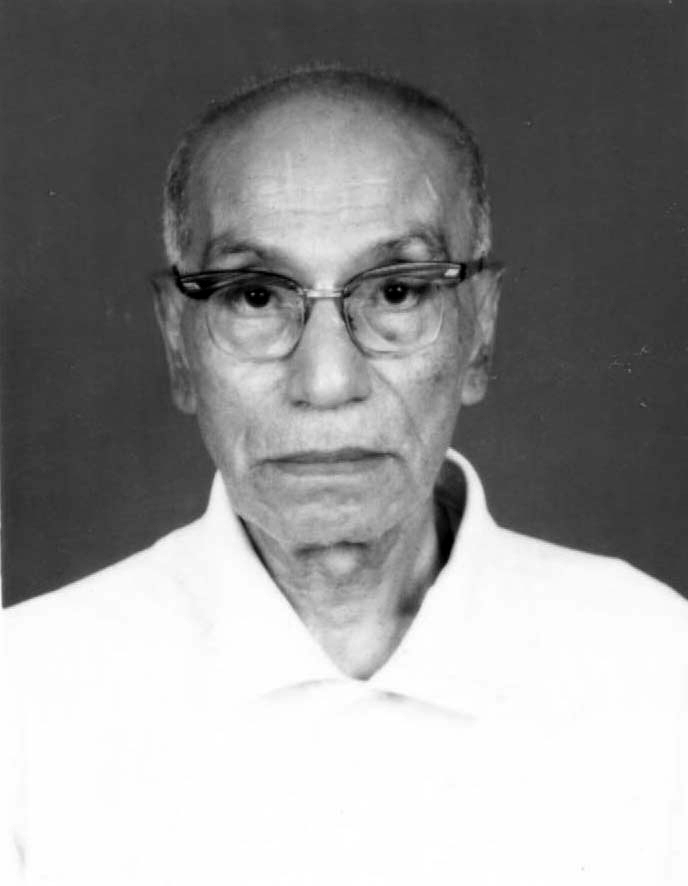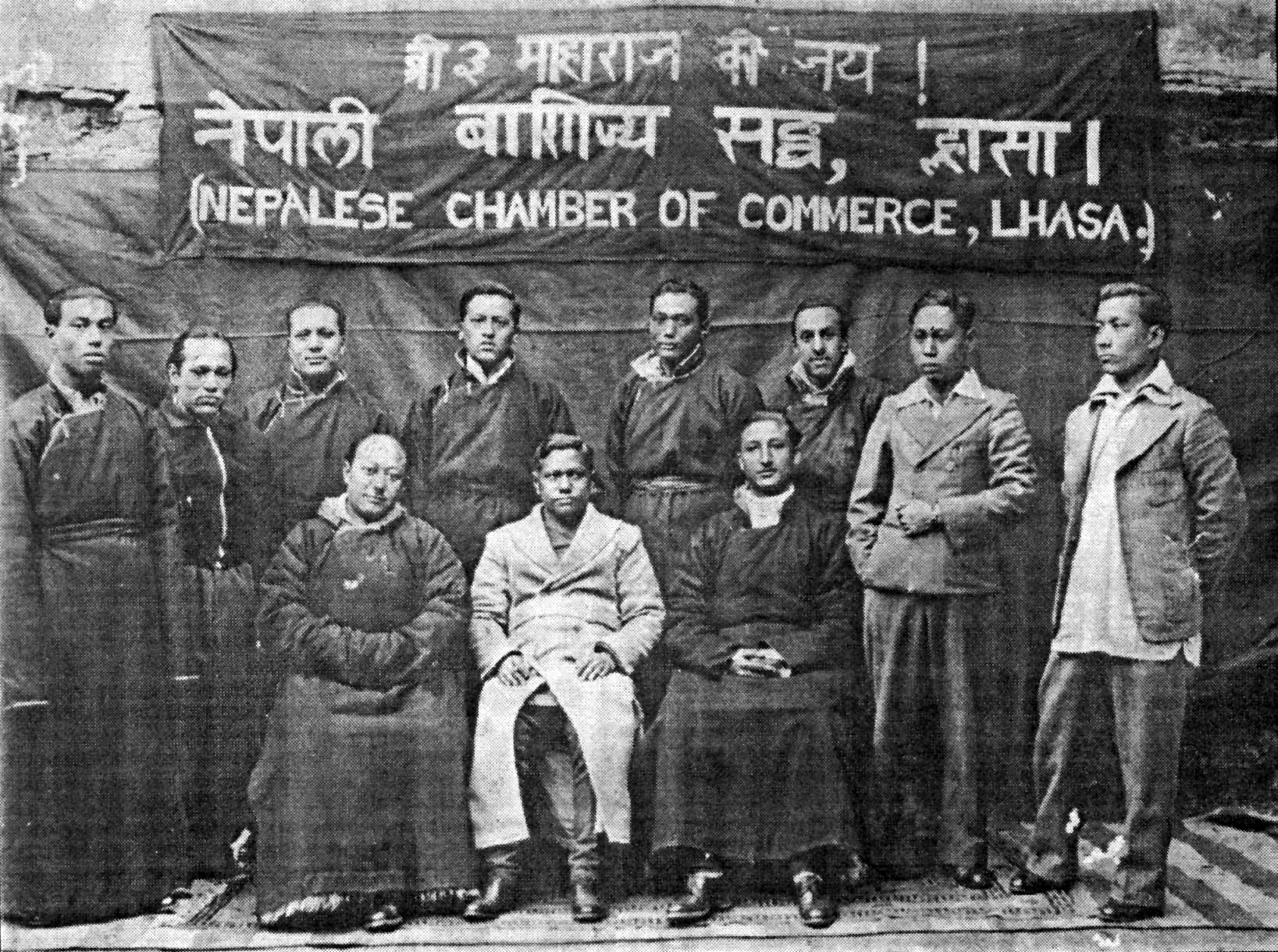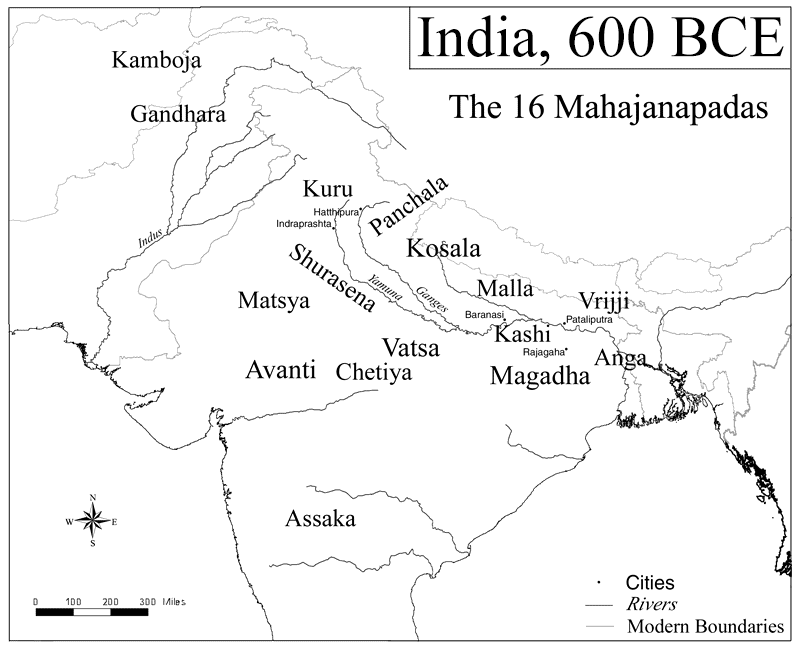|
Purna Kaji Tamrakar
Purna Kaji Tamrakar ( ne, पूर्णकाजी ताम्रकार) (1920 - 2009) was a Nepalese merchant, author and journalist who worked to develop Nepal Bhasa at the time when writers were being persecuted by the government. Pages 60-67. Early life Tamrakar was born at Maru, Kathmandu to father Jagat Muni and mother Pun Laxmi Tamrakar. The neighborhood lies at the western edge of Kathmandu Durbar Square. Tamrakar's ancestral home stands near a large stupa and is known as Tagwah Chibha meaning "large stupa". He attended high school in Kolkata, India and returned to Kathmandu and married Hira Devi. Career Tamrakar was a Lhasa trader. In 1940, he went to Lhasa, Tibet and joined his maternal uncle's business house. Tamrakar engaged in business, and also served as secretary of the Nepalese Chamber of Commerce, Lhasa. While in Lhasa, he came into contact with another Nepalese merchant Pushpa Ratna Sagar, and was inspired to write and serve his mother tongue. His fir ... [...More Info...] [...Related Items...] OR: [Wikipedia] [Google] [Baidu] |
Purna Kaji Tamrakar
Purna Kaji Tamrakar ( ne, पूर्णकाजी ताम्रकार) (1920 - 2009) was a Nepalese merchant, author and journalist who worked to develop Nepal Bhasa at the time when writers were being persecuted by the government. Pages 60-67. Early life Tamrakar was born at Maru, Kathmandu to father Jagat Muni and mother Pun Laxmi Tamrakar. The neighborhood lies at the western edge of Kathmandu Durbar Square. Tamrakar's ancestral home stands near a large stupa and is known as Tagwah Chibha meaning "large stupa". He attended high school in Kolkata, India and returned to Kathmandu and married Hira Devi. Career Tamrakar was a Lhasa trader. In 1940, he went to Lhasa, Tibet and joined his maternal uncle's business house. Tamrakar engaged in business, and also served as secretary of the Nepalese Chamber of Commerce, Lhasa. While in Lhasa, he came into contact with another Nepalese merchant Pushpa Ratna Sagar, and was inspired to write and serve his mother tongue. His fir ... [...More Info...] [...Related Items...] OR: [Wikipedia] [Google] [Baidu] |
Thaunkanhe
''Thaunkanhe'' () is the first magazine in Nepal Bhasa to be published from Nepal. The monthly magazine began publication on 21 May 1951 (Nepal Era 1071 Bachhala), coinciding with the festival of Swanya Punhi, the "full moon day of flowers" marking the anniversary of the Buddha's birth, enlightenment and nirvana. It was among the very few magazines published in Nepal at the time. The first magazine in Nepal Bhasa was ''Buddha Dharma wa Nepal Bhasa'' (Devanagari: बुद्ध धर्म व नॆपाल भाषा), which was published from Kolkata, India in 1925. History ''Thaunkanhe'' was started by former merchants Purna Kaji Tamrakar, Pushpa Ratna Sagar and Ratna Man Singh Tuladhar with funds donated by Nepalese traders in Lhasa, Tibet. The three were its first editor, deputy editor and publisher respectively. The monthly was registered at the Magistrate's Office, Bhaktapur and given Registered No. 12. It was published from 11/122 Asan Tyouda, Kathmandu and prin ... [...More Info...] [...Related Items...] OR: [Wikipedia] [Google] [Baidu] |
Newar Studies Scholars
Newar (; new, नेवार, endonym: Newa; new, नेवा, Pracalit script:) or Nepami, are the historical inhabitants of the Kathmandu Valley and its surrounding areas in Nepal and the creators of its historic heritage and civilisation. Page 15. Newars form a linguistic and cultural community of primarily Indo-Aryan and Tibeto-Burman ethnicities following Hinduism and Buddhism with Nepal Bhasa as their common language. Newars have developed a division of labour and a sophisticated urban civilisation not seen elsewhere in the Himalayan foothills. Newars have continued their age-old traditions and practices and pride themselves as the true custodians of the religion, culture and civilisation of Nepal. Newars are known for their contributions to culture, art and literature, trade, agriculture and cuisine. Today, they consistently rank as the most economically and socially advanced community of Nepal, according to the annual Human Development Index published by UNDP. Nepa ... [...More Info...] [...Related Items...] OR: [Wikipedia] [Google] [Baidu] |
Nepalese Male Writers
Nepali or Nepalese may refer to : Concerning Nepal * Anything of, from, or related to Nepal * Nepali people, citizens of Nepal * Nepali language, an Indo-Aryan language found in Nepal, the current official national language and a language spoken in India * Nepal Bhasa, a Sino-Tibetan language found in Nepal, formerly the official national language * Nepalese literature * Nepalese cuisine * Nepalese culture * Nepali cinema * Nepali music Other uses * ''Nepali'' (film), a 2008 Indian Tamil-language film See also * Nepal (other) * * * Languages of Nepal * Nepal Nepal (; ne, नेपाल ), formerly the Federal Democratic Republic of Nepal ( ne, सङ्घीय लोकतान्त्रिक गणतन्त्र नेपाल ), is a landlocked country in South Asia. It is mai ... is a south Asian country with a population of nearly 30 million. {{disambiguation Language and nationality disambiguation pages ... [...More Info...] [...Related Items...] OR: [Wikipedia] [Google] [Baidu] |
Nepalese Journalists
Nepali or Nepalese may refer to : Concerning Nepal * Anything of, from, or related to Nepal * Nepali people, citizens of Nepal * Nepali language, an Indo-Aryan language found in Nepal, the current official national language and a language spoken in India * Nepal Bhasa, a Sino-Tibetan language found in Nepal, formerly the official national language * Nepalese literature * Nepalese cuisine * Nepalese culture * Nepali cinema * Nepali music Other uses * ''Nepali'' (film), a 2008 Indian Tamil-language film See also * Nepal (other) * * * Languages of Nepal * Nepal Nepal (; ne, नेपाल ), formerly the Federal Democratic Republic of Nepal ( ne, सङ्घीय लोकतान्त्रिक गणतन्त्र नेपाल ), is a landlocked country in South Asia. It is mai ... is a south Asian country with a population of nearly 30 million. {{disambiguation Language and nationality disambiguation pages ... [...More Info...] [...Related Items...] OR: [Wikipedia] [Google] [Baidu] |
People From Kathmandu
A person ( : people) is a being that has certain capacities or attributes such as reason, morality, consciousness or self-consciousness, and being a part of a culturally established form of social relations such as kinship, ownership of property, or legal responsibility. The defining features of personhood and, consequently, what makes a person count as a person, differ widely among cultures and contexts. In addition to the question of personhood, of what makes a being count as a person to begin with, there are further questions about personal identity and self: both about what makes any particular person that particular person instead of another, and about what makes a person at one time the same person as they were or will be at another time despite any intervening changes. The plural form "people" is often used to refer to an entire nation or ethnic group (as in "a people"), and this was the original meaning of the word; it subsequently acquired its use as a plural form of ... [...More Info...] [...Related Items...] OR: [Wikipedia] [Google] [Baidu] |
2009 Deaths
This is a list of deaths of notable people, organised by year. New deaths articles are added to their respective month (e.g., Deaths in ) and then linked here. 2022 2021 2020 2019 2018 2017 2016 2015 2014 2013 2012 2011 2010 2009 2008 2007 2006 2005 2004 2003 2002 2001 2000 1999 1998 1997 1996 1995 1994 1993 1992 1991 1990 1989 1988 1987 See also * Lists of deaths by day The following pages, corresponding to the Gregorian calendar, list the historical events, births, deaths, and holidays and observances of the specified day of the year: Footnotes See also * Leap year * List of calendars * List of non-standard ... * Deaths by year {{DEFAULTSORT:deaths by year ... [...More Info...] [...Related Items...] OR: [Wikipedia] [Google] [Baidu] |
1920 Births
Nineteen or 19 may refer to: * 19 (number), the natural number following 18 and preceding 20 * one of the years 19 BC, AD 19, 1919, 2019 Films * ''19'' (film), a 2001 Japanese film * ''Nineteen'' (film), a 1987 science fiction film Music * 19 (band), a Japanese pop music duo Albums * ''19'' (Adele album), 2008 * ''19'', a 2003 album by Alsou * ''19'', a 2006 album by Evan Yo * ''19'', a 2018 album by MHD * ''19'', one half of the double album ''63/19'' by Kool A.D. * ''Number Nineteen'', a 1971 album by American jazz pianist Mal Waldron * ''XIX'' (EP), a 2019 EP by 1the9 Songs * "19" (song), a 1985 song by British musician Paul Hardcastle. * "Nineteen", a song by Bad4Good from the 1992 album '' Refugee'' * "Nineteen", a song by Karma to Burn from the 2001 album ''Almost Heathen''. * "Nineteen" (song), a 2007 song by American singer Billy Ray Cyrus. * "Nineteen", a song by Tegan and Sara from the 2007 album '' The Con''. * "XIX" (song), a 2014 song by Slip ... [...More Info...] [...Related Items...] OR: [Wikipedia] [Google] [Baidu] |
Banishment Of Buddhist Monks From Nepal
Exile is primarily penal expulsion from one's native country, and secondarily expatriation or prolonged absence from one's homeland under either the compulsion of circumstance or the rigors of some high purpose. Usually persons and peoples suffer exile, but sometimes social entities like institutions (e.g. the papacy or a government) are forced from their homeland. In Roman law, ''exsilium'' denoted both voluntary exile and banishment as a capital punishment alternative to death. Deportation was forced exile, and entailed the lifelong loss of citizenship and property. Relegation was a milder form of deportation, which preserved the subject's citizenship and property. The term diaspora describes group exile, both voluntary and forced. "Government in exile" describes a government of a country that has relocated and argues its legitimacy from outside that country. Voluntary exile is often depicted as a form of protest by the person who claims it, to avoid persecution and prosecu ... [...More Info...] [...Related Items...] OR: [Wikipedia] [Google] [Baidu] |
Sarnath
Sarnath (Hindustani pronunciation: aːɾnaːtʰ also referred to as Sarangnath, Isipatana, Rishipattana, Migadaya, or Mrigadava) is a place located northeast of Varanasi, near the confluence of the Ganges and the Varuna rivers in Uttar Pradesh, India. Sarnath is where Gautama Buddha taught his first sermon after attaining enlightenment, and where the Buddhist ''sangha'' came into existence through the enlightenment of his first five disciples (Kaundinya, Assaji, Bhaddiya, Vappa and Mahanama). According to the '' Mahaparinibbana Sutta'' ('' Sutta'' 16 of the ''Digha Nikaya''), the Buddha mentioned Sarnath as one of the four places of pilgrimage his devout followers should visit. Singhpur, a village approximately north of Sarnath, is believed to be the birthplace of Shreyansanatha, the 11th ''tirthankara'' of Jainism. A temple dedicated to Shreyansanatha in Sarnath is an important pilgrimage site for Jains. Etymology The name ''Sarnath'' derives from the Sanskrit ... [...More Info...] [...Related Items...] OR: [Wikipedia] [Google] [Baidu] |




_1938.jpg)

